Written by Jane Holloman, Communication Intern, OEEC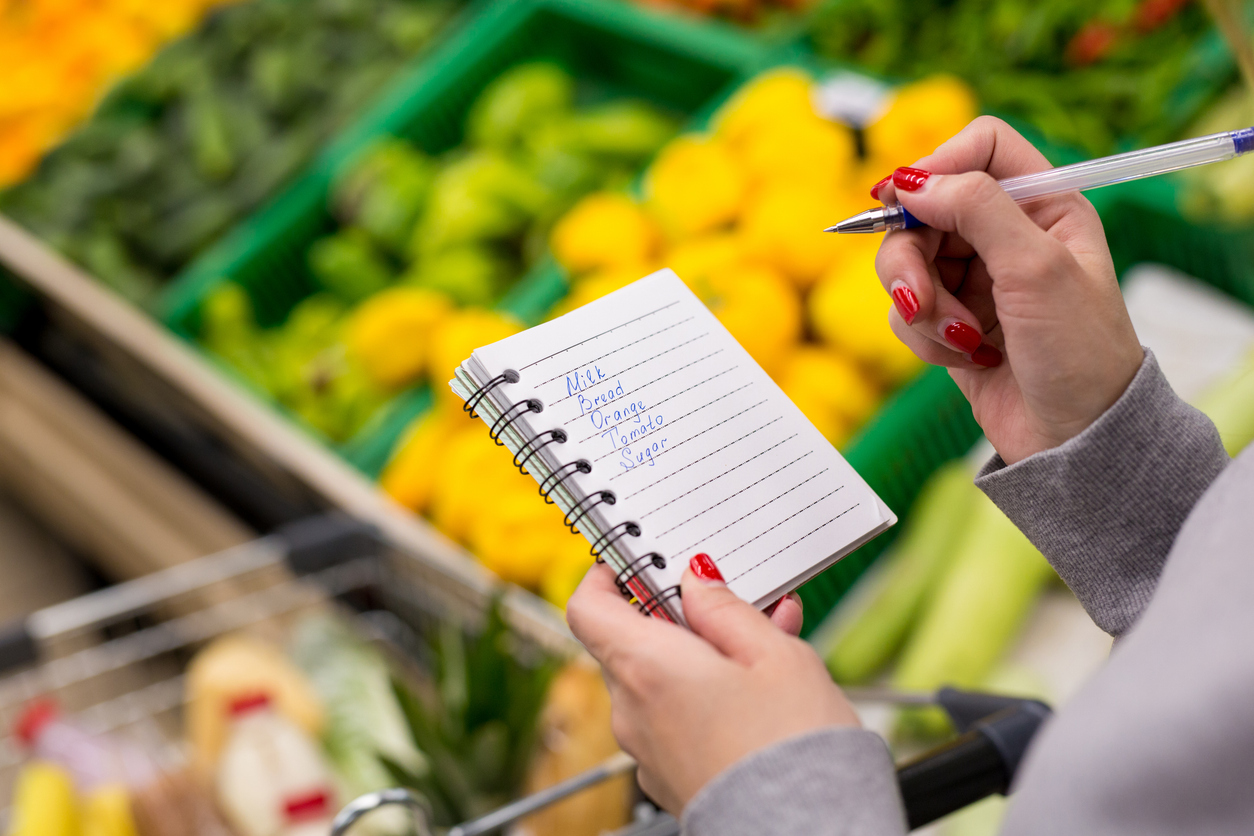
Our grocery stores are full of brands, labels, and choices, so it can be overwhelming to add environmental concerns to your shopping list. When you’re trying to provide for just yourself or for your family, you’re probably also wary of taking on extra costs.
In recognition of World Food Day, we made this guide to provide all the information you need to know if you want to be more environmentally conscious AND budget-friendly when you are grocery shopping.
Plan Ahead to Reduce Food Waste and Save Money
Before you leave to go grocery shopping, take stock of what you already have in your refrigerator, freezer, and pantry. Make a meal plan for the week, write down the things you need to buy, and stick to your list. The easiest way to save money on your grocery bill is to plan well so that none of your food goes to waste. While this may sound too simplistic, according to research done by the EPA, the average four-person household in the United States loses $224 in food waste per month. When food is wasted, all the resources that went into producing it are also wasted. Taking the time to plan for your grocery list can have a big impact on the environment and your wallet.
Choose Local and Organic When Possible
Buying local and organic whenever possible is another great way to shop and eat sustainably. Local products require less transportation, and therefore less carbon emissions than produce that is shipped from hundreds to thousands of miles away. You’re also supporting local businesses and farmers and keeping your money in the community. Check for these labels to pick out products sourced from Virginia:
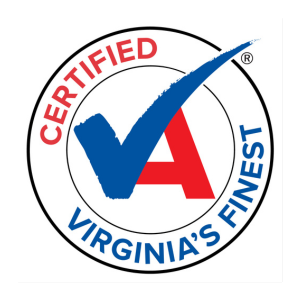 |
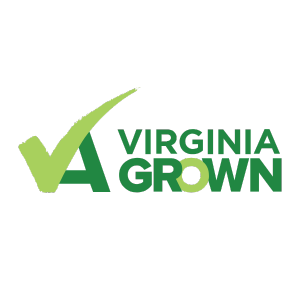 |
| Virginia’s Finest Label | Virginia Grown Label |
By choosing organic foods, you are supporting products that don’t pollute water and the climate with synthetic fertilizers and pesticides, hormones, or antibiotics. It isn’t hard to pick out local and organic products if you know what to look for. For organic products, look for these food labels while shopping:
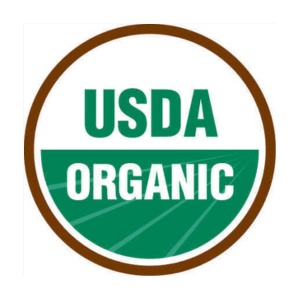 |
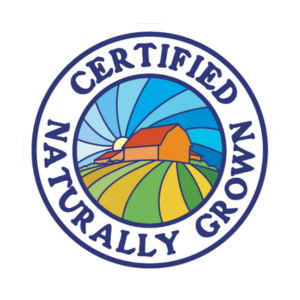 |
| USDA Organic Label | Certified Naturally Grown |
Purchase Seasonal Produce from Farmers Markets
When you’re in the produce section, it’s important to know which products are in season where you live, because they are much more likely to be locally sourced. For example, in the winter, zucchini is not in season in Virginia. Winter squash would be a more local alternative (it’s in the name!). You can find what produce is in season in Virginia on the Virginia Grown website, making it easy to plan your meals based on seasonal fruits and veggies!
If you want to ensure that you are shopping for local and organic products, farmers markets are a fantastic resource. Find your new favorite market and make sure to bring your own bags (Fairfax County Farmers Markets do not give out plastic)!
If you use SNAP/EBT dollars, markets that participate in the Fresh Match program will double the value of your food assistance! Read more about the Fresh Match program and find your nearest participating market.
The Fairfax County Farmers Markets also provide compost collection bins, so you can bring your food scraps with you and reduce your household’s waste that goes into a landfill.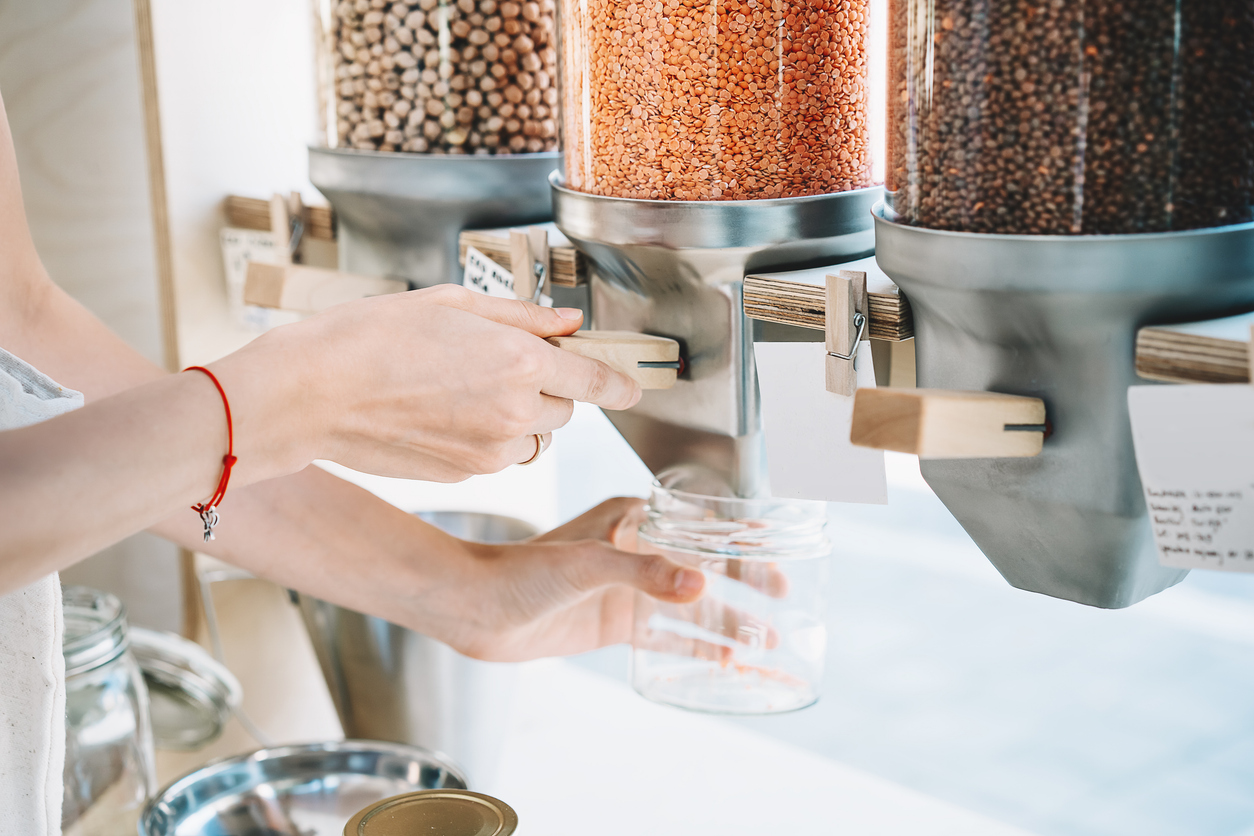
Bring Your Own Containers and Shop in Bulk
Utilizing the bulk section at the grocery store is another sustainable shopping option. Many stores have an aisle with dispensers containing food items such as grains, dry beans, granola, and sometimes nut butters.
This can be a convenient way to reduce food waste, because you can purchase the exact amount of the item that you need. Refilling and reusing the same containers also reduces waste from packaging. If your preferred grocery store does not have a bulk aisle, you may have a specialty bring-your-own container bulk store in your area. This option is a great opportunity to support a local business.
A little preparation can go a long way. Whatever your budget might be, grocery shop in a way that you can feel good about! For more tips and resources on actions you can take to live more sustainably, support your community, and save money, join the Sustain Fairfax Challenge and start tracking your impact today!

Jane Holloman joined OEEC in May 2025 as an intern with the Communications Team. Her primary role is providing communication and outreach support on the county's three comprehensive climate plans and the Sustain Fairfax campaign. Jane is a Communication Master’s student at George Mason University. Passionate about the power of local government action on environmental issues and the intersection of environment and public health, she hopes to continue working in environmental communication within the nonprofit or local government sectors after graduating with her Master's in May 2026.
Climate Matters is the blog of Fairfax County’s Office of Environmental and Energy Coordination, where we share stories, insights and information related to climate change and environmental sustainability. Posts are written by knowledgeable and passionate OEEC staff members and guest authors. To read all blog posts, visit Climate Matters.

